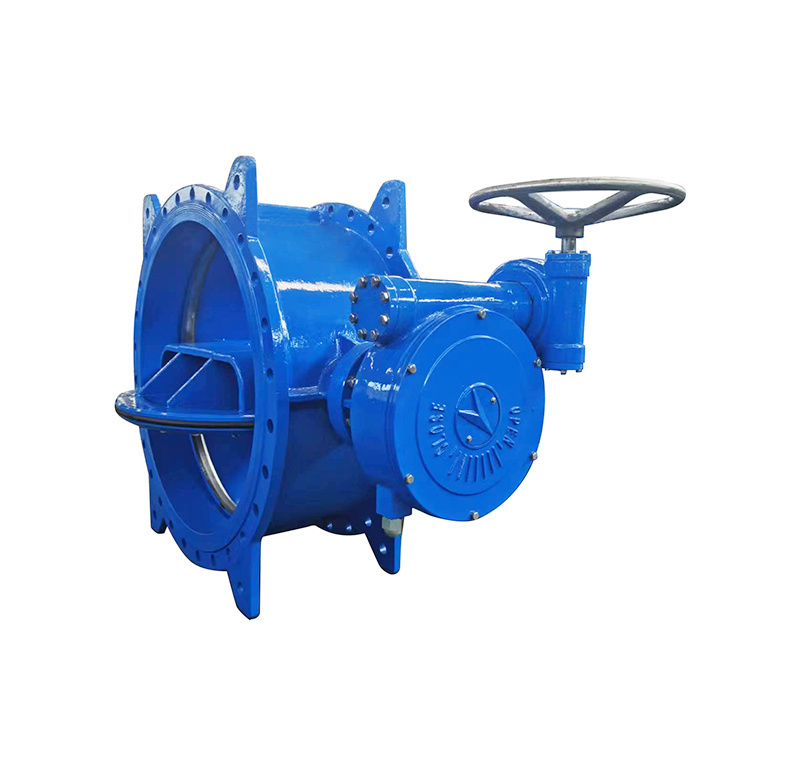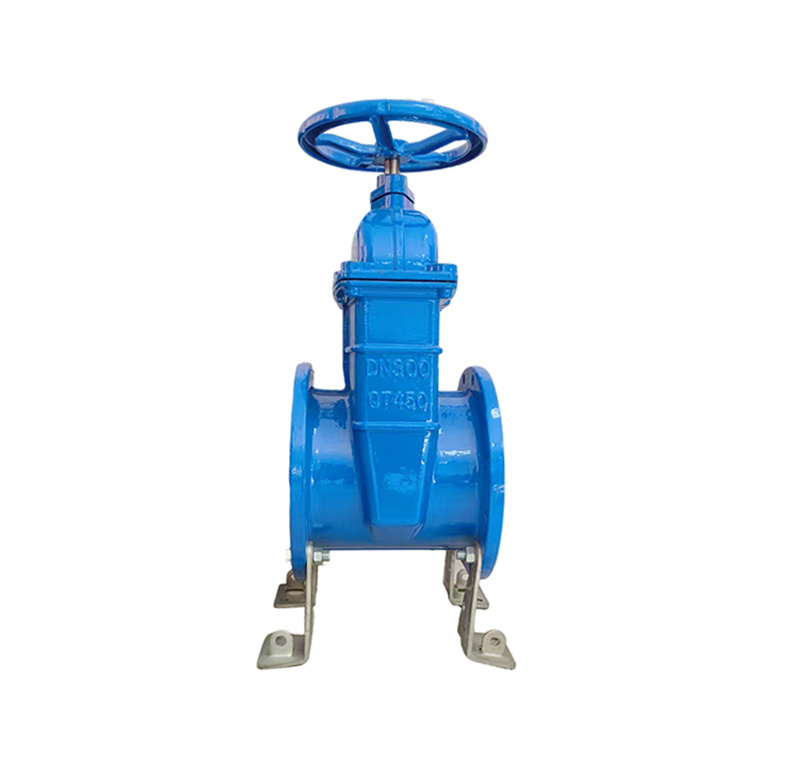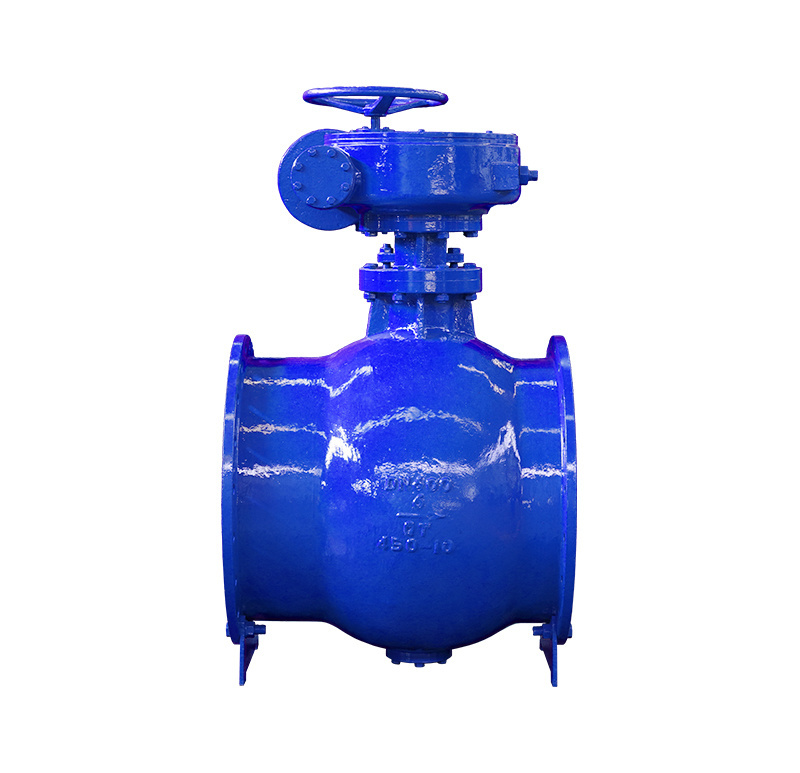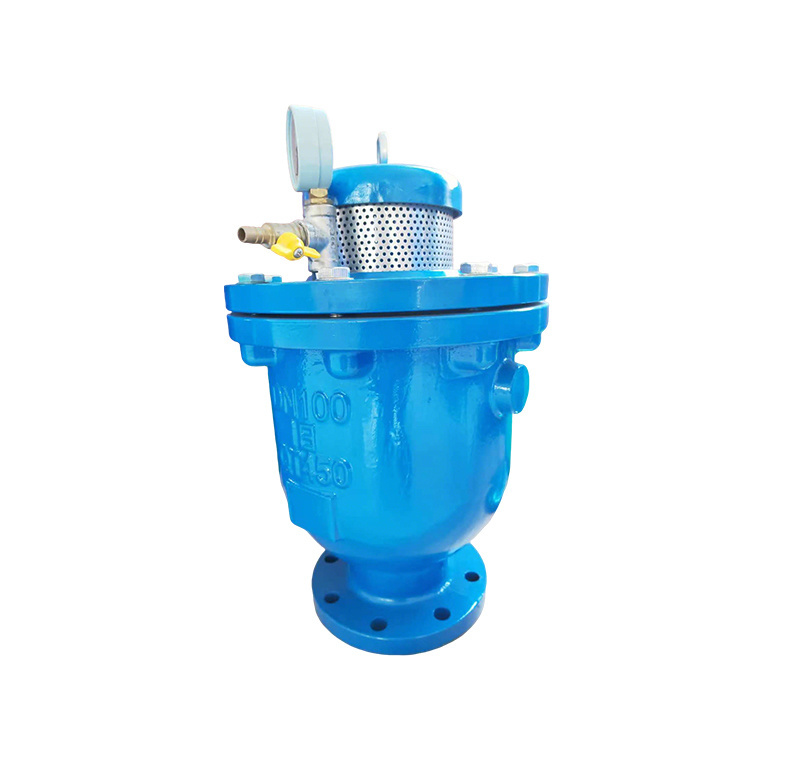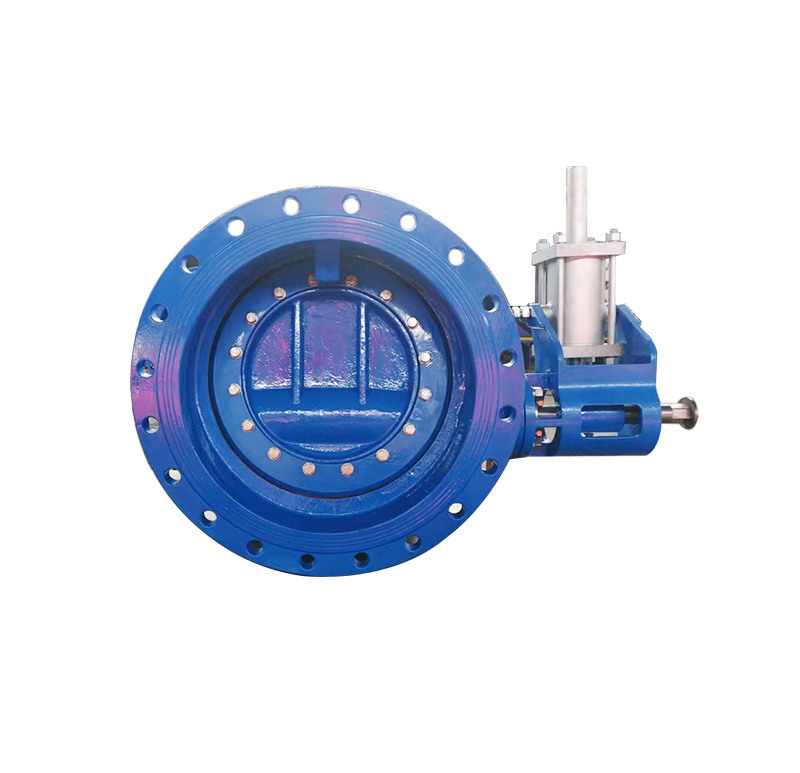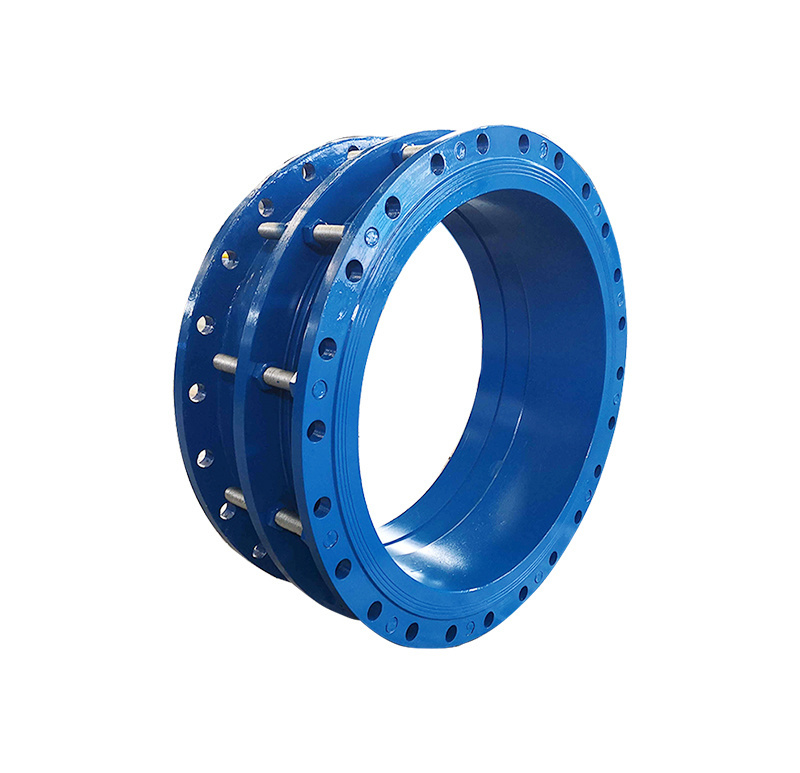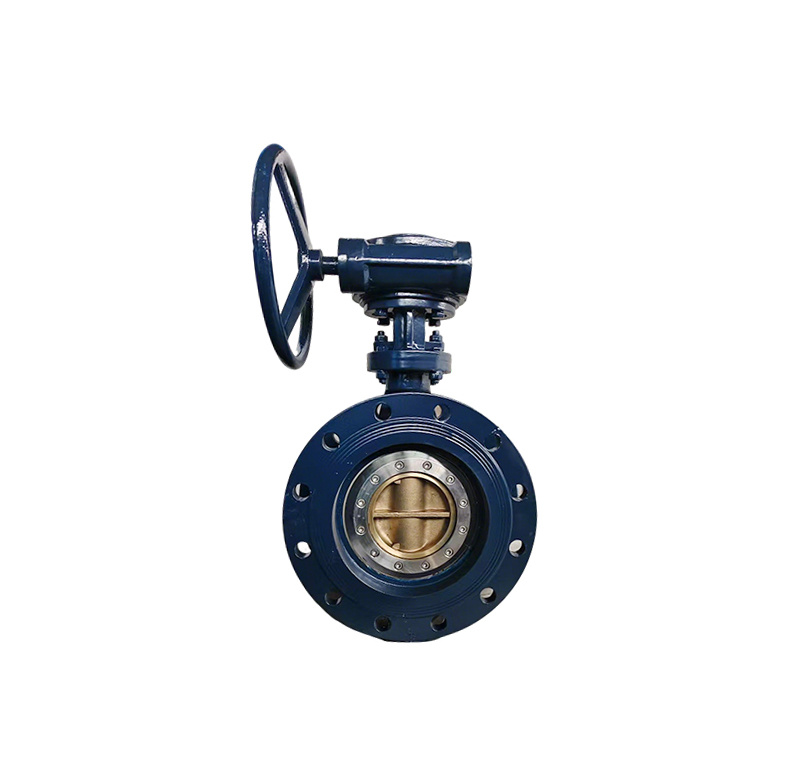Understanding Water Check Valve Brands: A Comprehensive Guide
When it comes to water check valves, understanding the brands available in the market can significantly impact the efficiency and reliability of your industrial applications. A water check valve, also known as a non-return valve, is essential for preventing backflow in piping systems. This mechanism ensures that fluids only flow in one direction, which is crucial for maintaining system integrity a
When it comes to water check valves, understanding the brands available in the market can significantly impact the efficiency and reliability of your industrial applications. A water check valve, also known as a non-return valve, is essential for preventing backflow in piping systems. This mechanism ensures that fluids only flow in one direction, which is crucial for maintaining system integrity and preventing contamination.
Different manufacturers specialize in producing check valves tailored for various industrial needs. While we won't delve into specific brands, it's important to recognize that the market is filled with options, each offering unique features and advantages. Common attributes to consider when exploring water check valve brands include materials, design, size, and pressure ratings.
**Materials and Design:** The construction material of a check valve affects its durability and suitability for different environments. Common materials include stainless steel, plastic, and brass. Depending on the application's requirements, some brands offer valves resistant to corrosion, while others may focus on high-pressure capabilities. Selecting the right materials ensures longevity and reliable performance.
**Size and Configuration:** Water check valves come in various sizes and configurations, catering to different flow rates and installation requirements. It's essential to match the valve size with your piping system to maintain optimal performance. Some brands provide customizable options, allowing you to select specific dimensions that fit your needs.
**Pressure Ratings:** Understanding the pressure ratings associated with different check valve brands is crucial. Valves are rated for specific pressure limits, and choosing a brand that offers valves with the appropriate ratings for your application is vital for preventing leaks and ensuring safety. Over time, using a valve that cannot withstand system pressure can lead to failures and costly downtime.
**Applications:** Various industries utilize water check valves, including manufacturing, water treatment, and HVAC systems. Knowing the applications for which specific brands design their valves can help you identify which products will best suit your needs. Some brands may focus on particular industries, providing specialized solutions compared to general-purpose options.
**Selection Criteria:** When selecting a water check valve brand, consider factors such as the valve's reliability, ease of installation, and maintenance requirements. Researching customer reviews or case studies can offer insights into the performance and trustworthiness of different brands. Additionally, check if the manufacturer provides technical support and documentation, which can be beneficial during the installation process.
In conclusion, while exploring water check valve brands, it is essential to focus on key features like materials, sizes, pressure ratings, and applications. Understanding these attributes will empower you to make informed choices that enhance the efficiency and reliability of your industrial systems. Investing time in this research can lead to better operational performance and long-term satisfaction with your selected products.
Different manufacturers specialize in producing check valves tailored for various industrial needs. While we won't delve into specific brands, it's important to recognize that the market is filled with options, each offering unique features and advantages. Common attributes to consider when exploring water check valve brands include materials, design, size, and pressure ratings.
**Materials and Design:** The construction material of a check valve affects its durability and suitability for different environments. Common materials include stainless steel, plastic, and brass. Depending on the application's requirements, some brands offer valves resistant to corrosion, while others may focus on high-pressure capabilities. Selecting the right materials ensures longevity and reliable performance.
**Size and Configuration:** Water check valves come in various sizes and configurations, catering to different flow rates and installation requirements. It's essential to match the valve size with your piping system to maintain optimal performance. Some brands provide customizable options, allowing you to select specific dimensions that fit your needs.
**Pressure Ratings:** Understanding the pressure ratings associated with different check valve brands is crucial. Valves are rated for specific pressure limits, and choosing a brand that offers valves with the appropriate ratings for your application is vital for preventing leaks and ensuring safety. Over time, using a valve that cannot withstand system pressure can lead to failures and costly downtime.
**Applications:** Various industries utilize water check valves, including manufacturing, water treatment, and HVAC systems. Knowing the applications for which specific brands design their valves can help you identify which products will best suit your needs. Some brands may focus on particular industries, providing specialized solutions compared to general-purpose options.
**Selection Criteria:** When selecting a water check valve brand, consider factors such as the valve's reliability, ease of installation, and maintenance requirements. Researching customer reviews or case studies can offer insights into the performance and trustworthiness of different brands. Additionally, check if the manufacturer provides technical support and documentation, which can be beneficial during the installation process.
In conclusion, while exploring water check valve brands, it is essential to focus on key features like materials, sizes, pressure ratings, and applications. Understanding these attributes will empower you to make informed choices that enhance the efficiency and reliability of your industrial systems. Investing time in this research can lead to better operational performance and long-term satisfaction with your selected products.









